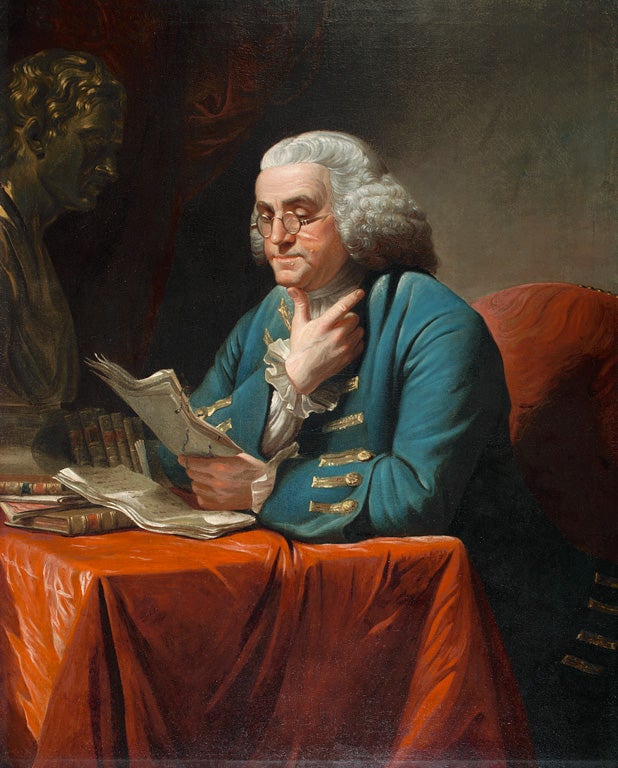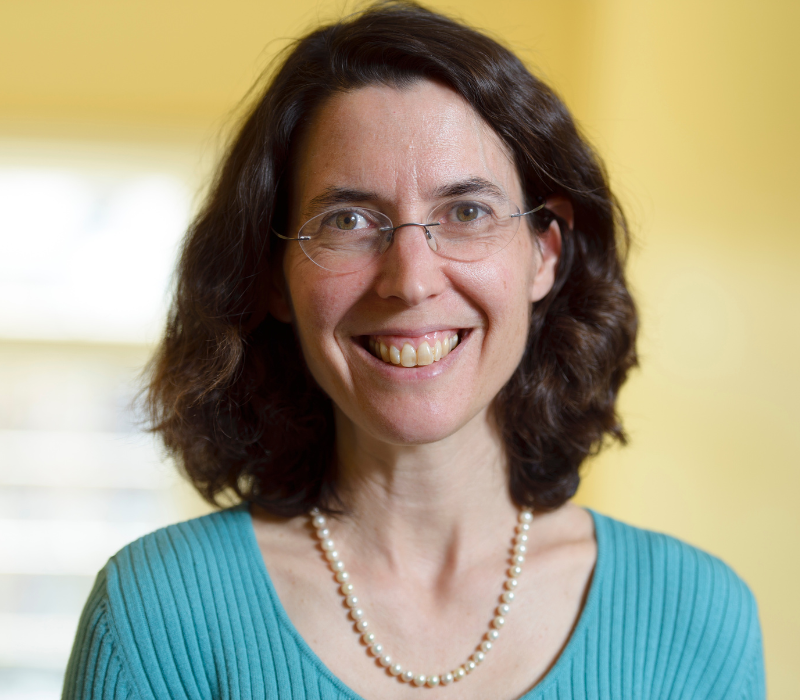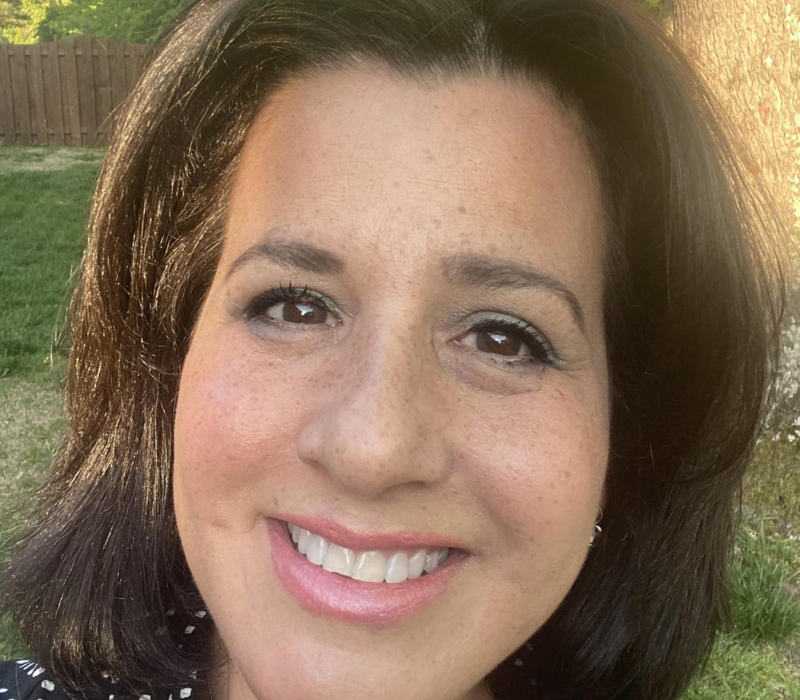REGISTRATION CLOSED
When did the American Revolution begin and end? What were its causes and effects? How did entirely new forms of both freedom and unfreedom come about at exactly the same time? We will investigate these questions and more in this course.
Lead Scholar: Chandra Manning, Georgetown University
Master Teacher: Connie Lopez-Fink
Image Source: Eighteenth-century drawing of a soldier in uniform, ca. 1770–1780 (The Gilder Lehrman Institute of American History, GLC01450.071)



